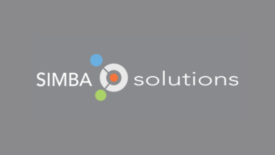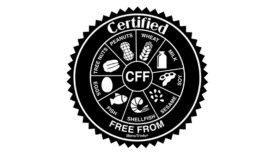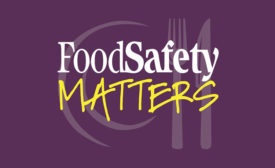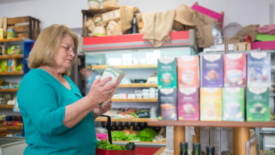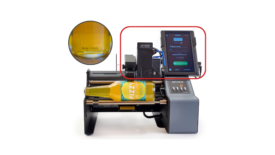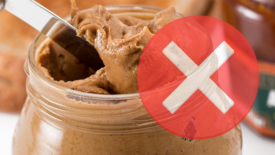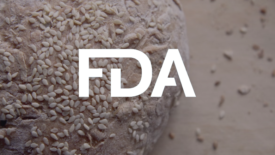Home » labeling
Articles Tagged with ''labeling''
Packaging and Labeling Requirements for Cannabis-Infused Edibles
Many similarities exist between the packaging and labeling of cannabis-infused edibles and those of food and pharmaceuticals
August 8, 2023
BIZTRACKS
MenuTrinfo’s “Certified Free From” Seal Assures Allergen-Free Label Claims
July 26, 2023
Never miss the latest news and trends driving the food safety industry
eNewsletter | Website | eMagazine
JOIN TODAY!Copyright ©2024. All Rights Reserved BNP Media.
Design, CMS, Hosting & Web Development :: ePublishing



